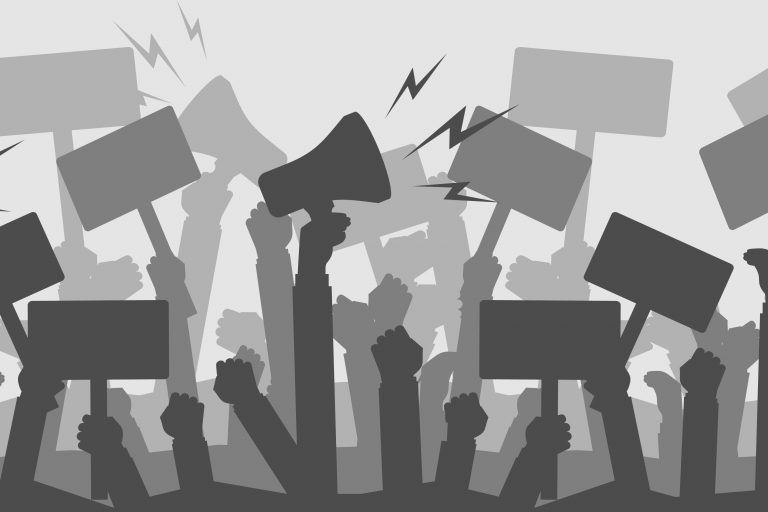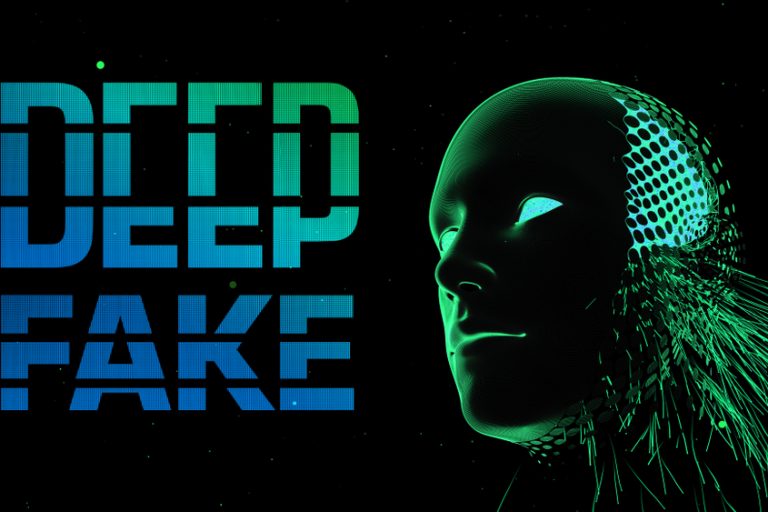My Three Cents

Makovsky
Tuesday, December 22, 2015The linguists and lexicographers of Oxford Dictionaries made a surprising move in November when they named “emoji” 2015 Word of the Year. Emoji actually beat out the word “refugee” for the top spot. I was truly surprised. How was this possible? Emojis aren’t words at all. They’re pictographs, or graphic symbols, that substitute for words.
The experts (http://blog.oxforddictionaries.com/2015/11/word-of-the-year-2015-emoji/) felt that the “Face with Tears of Joy” [the icon to the left] “best reflected the ethos, mood, and preoccupations of 2015.” It signifies laughing so much that one is crying tears of joy. It’s one of the most-used emojis worldwide, accounting for 17% of all uses of emojis in the US.
And that is the importance of emoji. They are like body language for the digital age: increasingly useful agents for the communication of ideas, emotions, or opinions. Unlike Internet acronyms—like LOL (laugh out loud) and ROFL (roll on the floor laughing)—emojis are understandable, regardless of the writer’s particular language. They are also another chapter in the growing visual communications trend; obviously, the Instagram platform and infographics are other examples.
According to Swyft Media, there are 6 billion emoji, emoticons, [and] stickers flying around the world every day on mobile messaging apps, demonstrating [the] massive consumer demand for personalized messaging.
The first emojis were created in Japan in the late 1990s, but it wasn’t until 2015 that their use skyrocketed. Emoji symbols began on Japanese cell phones, according to Mark Davis, (http://graphics.wsj.com/emoji/#/origins), cofounder of the Unicode Consortium, a non-profit group that standardizes different symbols across the Internet. Unicode later picked up emoji to add to its palette. Now, tech companies like Apple and Google include them in their operating systems, which is how they arrive on our smartphones and tablets.
“Emojis are no longer the preserve of texting teens—instead, they have been embraced as a nuanced form of expression, and one which can cross language barriers,” said Oxford Dictionaries in a statement.
Runners-up on the shortlist (http://blog.oxforddictionaries.com/2015/11/word-of-the-year-2015-shortlist) include:
- Ad blocker: A piece of software designed to prevent advertisements from appearing on a web page
- Brexit: A term for the potential or hypothetical departure of the United Kingdom from the European Union [from British + exit].
- Dark Web: Defined by Oxford Dictionaries as: “The part of the World Wide Web that is only accessible by means of special software, allowing users and website operators to remain anonymous or untraceable.”
- Fleek: Fleek was first detected on the Internet in 2014, according to Dictionary.com. The reference means “flawlessly styled” or “groomed,” and is typically used as “on fleek.”
- Lumbersexual: An urban man “who cultivates an appearance and style of dress (typified by a beard and check shirt) suggestive of a rugged outdoor lifestyle,” according to Oxford Dictionaries.
- Refugee: A person who has been forced to leave his or her country in order to escape war, persecution, or natural disaster.
- Sharing Economy: An economic system in which assets or services are shared between private individuals, either for free or for a fee, typically via the Internet.
- They: “Used to refer to a person of unspecified sex,” according to Oxford Dictionaries.
For more information about how—and why—emoji was chosen “Word of the Year,” take a look at this video interview (https://www.youtube.com/watch?v=ivV8x2K_DSU) with Casper Grathwohl, President of Oxford’s Dictionaries Division.











